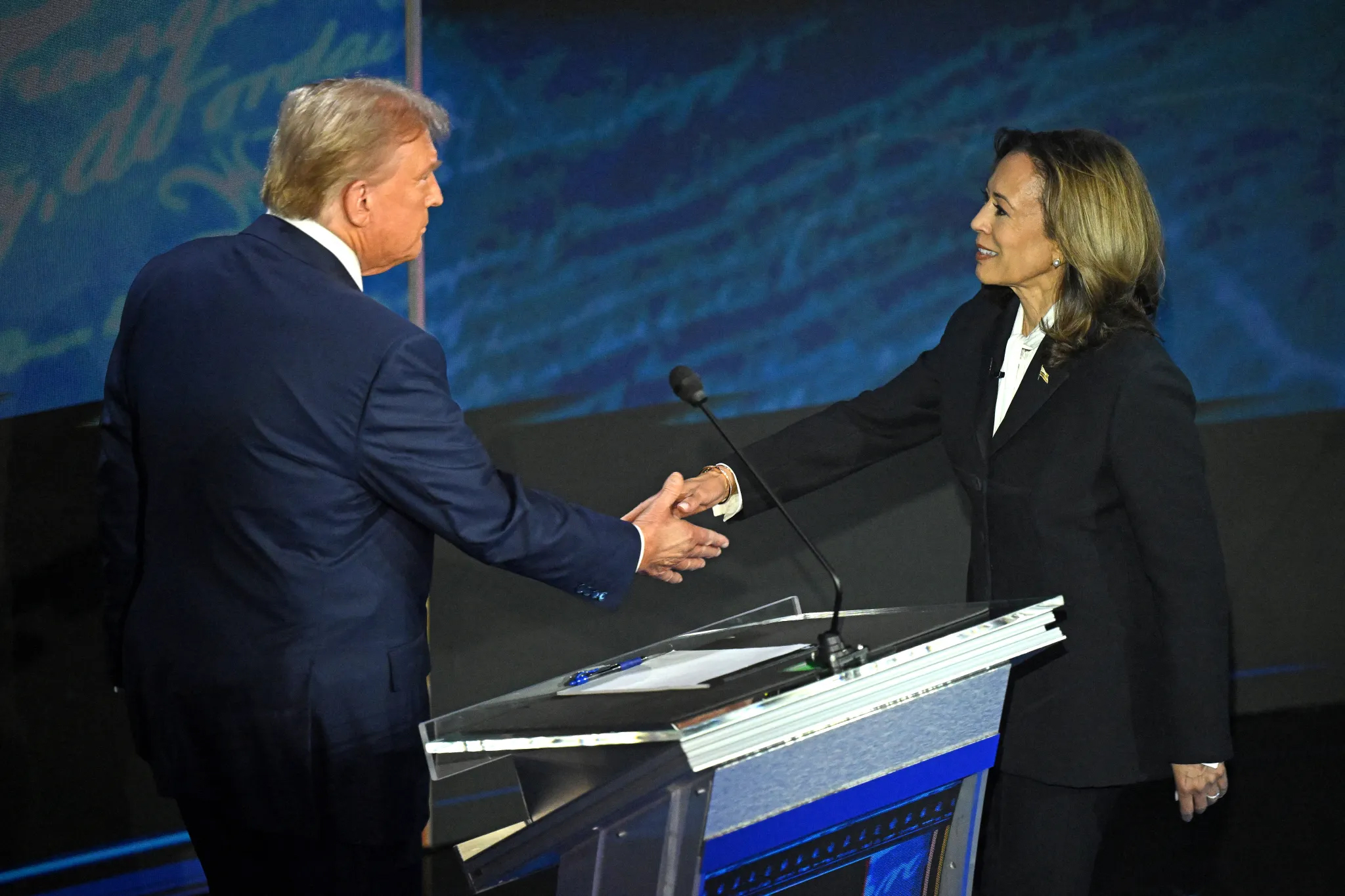If you’re in the midst of launching a child into adulthood, preparing them to keep the faith as they grow up, you’ve probably already begun to train them in apologetics.
It might not be formal apologetics, though that’s what comes to mind for me: debates, arguments, refuting other people’s beliefs point by point. That kind of apologetics can be helpful for people legitimately wrestling with faith and Scripture. For teenagers especially, it can be a wonderful tool—evidence that Christianity is not illogical, that there are answers to their questions.
But as my own children become adults, I’m also realizing apologetics has its limits. Some doctrines, like the Trinity, are beyond our capacity for total logical understanding. Some apologists work without humility, and that is an ugly thing. And not all challenges in the life of faith involve apologetics’ target, the intellect, for faith is a gift from God that pierces the heart.
More than these limitations, though, I find myself reconsidering the assumption that our proper task as parents is to teach young adults to “defend their faith.”
It’s an interesting turn of phrase—“defend the faith” or “defend your faith”—and not one found in the Bible. (Jude 1:3-4 speaking of “contend[ing] for the faith,” but the interest there is preserving orthodoxy within the church.) The closely related term “defender of the faith” doesn’t come from Jesus or Paul but Reformation history. It’s a title Pope Leo X gave Britain’s king Henry VIII for his writing against the Reformer Martin Luther (and it remains a title of British monarchs today). In that twisted and bloody time, the phrase very much meant defense in a legal and military sense. Henry would wield swords alongside arguments.
Instead of defending our faith, the Bible speaks of defending our hope. This comes from 1 Peter 3:13–17 (CSV):
Who then will harm you if you are devoted to what is good? But even if you should suffer for righteousness, you are blessed. Do not fear them or be intimidated, but in your hearts regard Christ the Lord as holy, ready at any time to give a defense to anyone who asks you for a reason for the hope that is in you. Yet do this with gentleness and reverence, keeping a clear conscience, so that when you are accused, those who disparage your good conduct in Christ will be put to shame. For it is better to suffer for doing good, if that should be God’s will, than for doing evil.
The word translated here as “give a defense” (or, in other translations, “an answer”) is apologia in Greek, and it’s where we get our word apologetics. But the passage presents a rather different scenario than the one we tend to teach young people as we train and encourage them to defend their faith.
Peter teaches that Christians don’t need to be afraid, nor do we need to go looking for arguments. On the contrary, he envisions other people noticing our hope and asking us about it, then us giving an explanation in gentleness and reverence. The best apologia to teach young Christians, in other words, is to give them a solid hope in Christ the Lord.
To do this, we must first address our own fears and lack of hope. After launching two of our six kids into adulthood, I’ve been astounded at the things other adult Christians have said to my children as they left our house to pursue the vocations God had prepared for them. There’s a consistent theme of fear and discouragement: If you go to that college or move to this place or aren’t super careful, you’ll lose your faith.
These statements come from a place of genuine and justified concern. Many young Christians go to college and never return to church. We’ve all heard of a young person who’s moved out of the house, begun dating an unbeliever, and rejected their faith to live a different life. We know the data. We know the stories. And we are filled with fear. So we impress that fear on our children, urging them to draw their apologetic swords.
But however good the intent, these warnings communicated something more to my kids: Have fear, not hope. Your faith is delicate. It’s fragile. It’s glass. At any moment, it could shatter forever.
Talking with my kids, I found I had to push back on that implicit teaching—because it pushed them toward a false and lesser understanding of God, his mission for each of them, and his role in preserving their faith. “God will never leave you or forsake you,” I told them (Deut. 31:6). “There’s nothing you could ever do that would make God stop loving you” (Psalm 139; Rom. 8:35–39).
And my husband and I talked about our continued role in discipling our children, even in adulthood. “No matter what happens or what you’ve done, you can always come home,” we said. “Going through dark seasons and enduring suffering in various ways is normal. Remember you are never alone. Pray. And reach out to us, and we’ll pray. We’ve all been there.”
If my children develop a passion for apologetics, wonderful. But what the Bible calls all Christians to do is to defend our hope. I tell my kids they don’t have to enter every argument they encounter. Not all questions are asked in good faith, and some of us don’t think on our feet as well as others. But when people ask us about our hope in Christ, that is the surest thing we know, and we can be ready with an answer. We can be ready to explain our hope—our confidence that Jesus will never leave us or forsake us, our trust that we can’t be separated from his love.
I don’t ignore the data about loss of faith in young adulthood, but instead of speaking fear and doubt to our kids as they leave home, we equip them by speaking hope and assurance over them. I want to speak that same hope and assurance to other parents and Christians in youth ministries too.
Don’t be afraid. Your children’s salvation does not rest in their own hands; it rests in the hands of Jesus. It always has, and it always will. Their hope—and ours—is not in having the most articulate answer or the government leaders we want, getting into the right school, having our professors’ or bosses’ approval, or leading a suffering-free, easy life.
Our hope comes from Christ, and Christ alone. Our hope is not in the strength of our faith but the object of our faith. There is nothing more certain we can give our kids.
Gretchen Ronnevik is the author of Ragged: Spiritual Disciplines for the Spiritually Exhausted and cohost of the Freely Given podcast.

































































